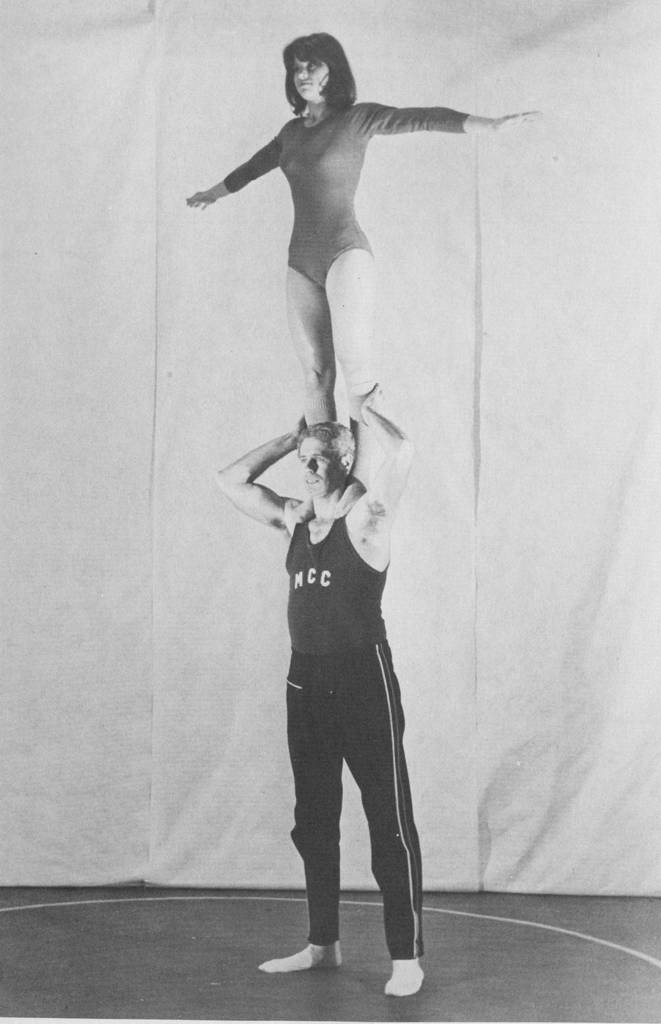Turning something modest into something more is admirable, but what if you lack even those small advantages at the outset? That can mean a world of difference. In many cases–most?– poor people are poor because they simply don’t have money, not because of some fault within themselves. From an Economist piece about a Stony Brook professor who made micro investments of different kinds:
“Dr van de Rijt designed a series of experiments intended to look at whether giving people an arbitrary advantage over their fellows at the beginning of an endeavour led to a significantly better outcome for those people. His first experiment tested the value of a donation to a project on Kickstarter, a crowdfunding website. His second boosted the reputations of reviewers on epinions.com, a product-recommendation site. His third enhanced the status of a test group of Wikipedia editors. And his fourth added signatures to petitions posted on change.org, a site at which political campaigners can lay out their wares.
In the case of Kickstarter, Dr van de Rijt picked 200 new and unfunded projects and gave half of them, chosen at random, either 1% or 10% of their stated target. Epinion editors are paid for their work according to how their contributions are rated by users, so Dr van de Rijt picked 305 new, unrated reviews and gave 155 of them, again chosen at random, a ‘very helpful’ rating—the highest of four possible categories. The most productive Wikipedia editors sometimes win status awards from the groups of users they serve. Dr van de Rijt conferred such awards on 208 out of 521 of the top 1% of these editors. And he added a dozen signatures to 100 out of 200 ‘virgin’ petitions on change.org.
In all four tests, the leg-up helped. In the case of Kickstarter, it helped a lot.“
Tags: Arnout van de Rijt

